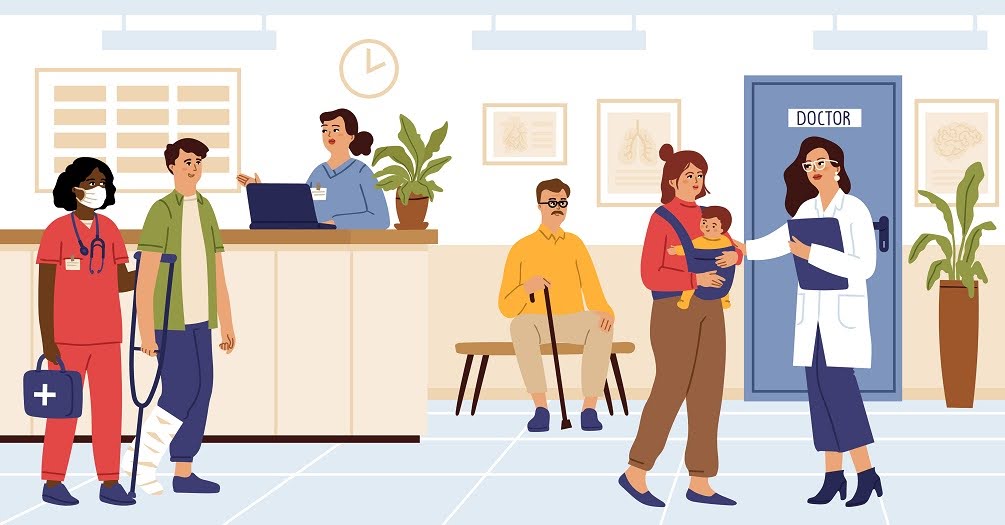Enhancing specialty care in community health centers: A collaborative model for sustainable healthcare

By Hailey Weiss
Master’s Student, Health Behavior and Health Education
Community Health Centers (CHCs) serve as crucial access points for healthcare, especially for the economically disadvantaged and underinsured populations. While these centers excel in delivering primary care, providing for patients requiring specialized treatment is an ongoing challenge. As healthcare advocates and policymakers ponder the sustainability and expansion of CHCs, the conversation must progress beyond funding to fundamentally revamp how specialty care is integrated into these essential health institutions.
The specialty care deficit
Although well-funded CHCs are better equipped to attract healthcare professionals and thereby offer quality primary care, funding alone does not resolve the core issue: the lack of built-in capacity for managing complex, chronic conditions requiring specialty care. Bonnie Lefkowitz, in "Community Health Centers: A Movement and the People Who Made It Happen," articulates the problem, observing that despite diligent efforts, CHCs often lack the specialty personnel needed to fulfill their mission, leaving them incapable of fully meeting the needs of their patient populations.
Chronic diseases and community health
Chronic diseases such as heart disease, diabetes, and respiratory conditions disproportionately affect the communities served by CHCs. In these populations, the necessity for specialized medical services and routine procedures like blood draws is higher; yet, financial constraints and current CHC design often force referrals to emergency departments. This not only undermines the efficiency of CHCs but also burdens emergency services and inflates healthcare costs.
The path forward: strengthening through collaboration
The path forward calls for systemic change through collaborative efforts involving CHCs, insurance companies, and larger medical institutions. Enhancing specialist referrals and providing vital services onsite are imperative steps toward realignment with CHC goals. A significant stride would be implementing partnerships with larger institutions to offer rotating specialist schedules within CHCs. Such initiatives promise to create a more robust network of care, addressing specific community needs while respecting the financial reality of both patients and healthcare facilities.
As CHCs continue to deliver indispensable healthcare services to millions, the integration of specialty care must be prioritized to ensure comprehensive treatment for all patients, especially those with chronic illnesses. By fostering strategic partnerships and advocating systemic reforms, we can envision a future where CHCs not only survive but thrive as fuller expressions of their foundational mission: to serve as inclusive, equitable healthcare hubs for their communities.
About The Author
 Hailey Weiss is a rising second year Master of Public Health student in Health Behavior
and Health Education with a certificate in Injury Science at the University of Michigan
School of Public Health. She holds an undergraduate degree in Anthropology with a
focus in Global Health and Environment from Washington University in St. Louis. She
is passionate about addressing social determinants of health, health disparities,
and other factors that influence health and one’s well-being specifically focusing
around emergency and injury prevention.
Hailey Weiss is a rising second year Master of Public Health student in Health Behavior
and Health Education with a certificate in Injury Science at the University of Michigan
School of Public Health. She holds an undergraduate degree in Anthropology with a
focus in Global Health and Environment from Washington University in St. Louis. She
is passionate about addressing social determinants of health, health disparities,
and other factors that influence health and one’s well-being specifically focusing
around emergency and injury prevention.
